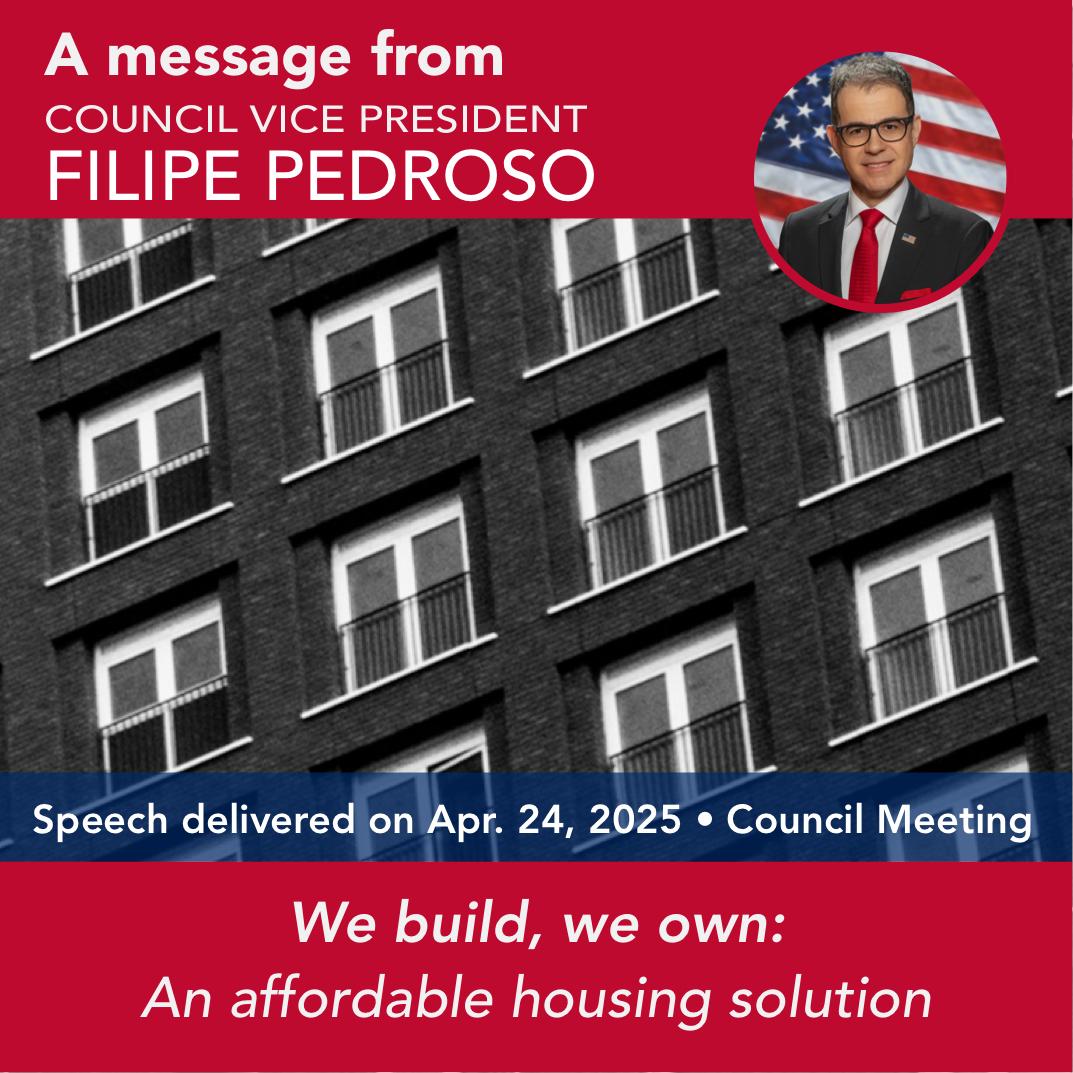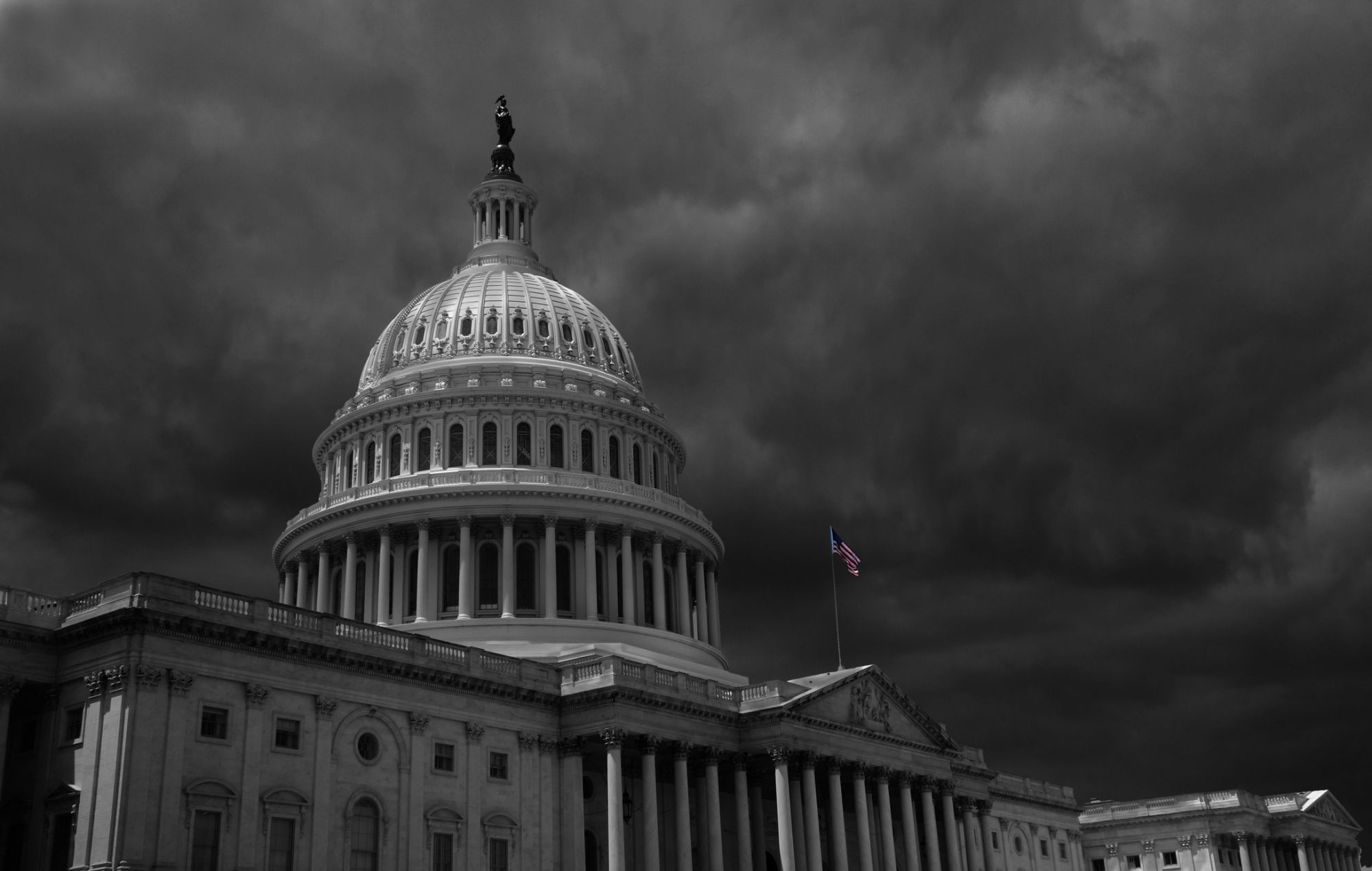April 24, 2025
We build, we own: An affordable housing solution

New Jersey’s affordable housing mandates, handed down by an overreaching State Supreme Court and codified in state law, are too often treated like a one-size-fits-all solution. But they ignore a crucial truth: not every town is the same.
Here in Bridgewater, one of our greatest assets is our character—our peaceful neighborhoods, our careful balance between open spaces and residential areas, and the strong sense of community we’ve all worked so hard to build and preserve. The state’s mandates, however, push for high-density housing in areas never designed to handle that level of growth. This isn’t just about new buildings—it’s about altering the very identity of our town. The charm, the tranquility, the reason so many of us chose to live here—all of that is at risk.
And with higher density comes real consequences. More people means more traffic. What was once a quick drive across town could soon become gridlock. Commutes will get longer, streets more crowded, and frustration will mount.
But it doesn’t stop at traffic. With rapid population growth, our public services—police, fire, rescue—will face more calls, slower response times, and greater stress. Our infrastructure—roads, sewers, utilities—simply wasn’t built for this kind of pressure. Upgrades would cost millions and take years, and who would pay for that? We would—likely through higher municipal, county, and school taxes.
Here’s the bottom line: the state increases our housing obligations, but provides no additional funding. We’re left to pick up the pieces—financially, logistically, and culturally.
That’s why local control is critical. Municipalities like Bridgewater must have the authority to determine how best to meet housing needs without sacrificing everything we’ve built. Affordable housing should be thoughtfully integrated, not recklessly imposed.
Unfortunately, the Democratic majority in Trenton, including Governor Murphy, has pushed these mandates forward. While leaders like Senator Doug Steinhardt and Assemblymen DiMaio and Peterson have fought back, the reality is: until we have a Republican majority and governor, towns like ours remain at risk.
But we can’t just wait and hope for a future legislature to save us. We need solutions now.
Over the past several months, I’ve spent a great deal of time considering how Bridgewater can best protect itself. I believe the smartest, most sustainable path forward is for Bridgewater to take this issue into its own hands.
Instead of depending on developers—who often insist on building 10 or more market-rate units for every affordable one or two—we can take a different approach. Let’s build the minimum number of affordable housing units required by law ourselves.
Now, I’m not saying this is easy. It will take hiring expert consultants, dedicating township resources, and bonding millions of dollars to fund the construction. But here’s the key difference: when we build, we own. These units will have real market value. They can be rented, or eventually sold—and the return on that investment goes right back to the taxpayers. But just as important as the financial return is the control it gives us. We decide the number and type of affordable units—and in doing so, we can dramatically reduce the impact on Bridgewater by avoiding hundreds, or even thousands, of high-density apartments pushed by outside developers.
Two weeks ago, I had a meeting with our Township Administrator, Mr. Pappas, and our planner to review multiple proposals. Many of them involved contributing millions of taxpayer dollars toward private development—yet we would own nothing. No equity. No financial return. Just a completed project that may or may not reflect our town’s vision.
If taxpayers are going to spend millions on affordable housing, then they deserve to see a return on that investment. And the best way to ensure that is for Bridgewater to own what it builds. This way, Bridgewater maintains both control and has assurances of a financial return.
This isn’t about growing government for the sake of it—I’m not in favor of that. But this is about protecting our town’s future. If we allow these mandates to shape Bridgewater unchecked, we risk permanent damage to the community we love.
Let me be clear: I don’t yet know if this is the cheapest solution. Common sense tells us it probably is—especially compared to throwing millions at developers with no return. But what I do know is this: we need a full financial analysis. We need to understand the costs, the risks, and the potential revenue. That’s why I asked the administration to explore this option seriously. I trust they’re doing so, and I look forward to seeing a detailed plan we can take action on.
Executing this plan will take vision. It will take bold leadership from our mayor and a commitment from all of us to see it through. But if we do it right, this could be a defining moment for Bridgewater—a moment when we chose to protect our quality of life, preserve our identity, and invest in a future that works for us—not for Trenton.
Let’s consider building Bridgewater’s own future—smartly, responsibly, and on our own terms.

